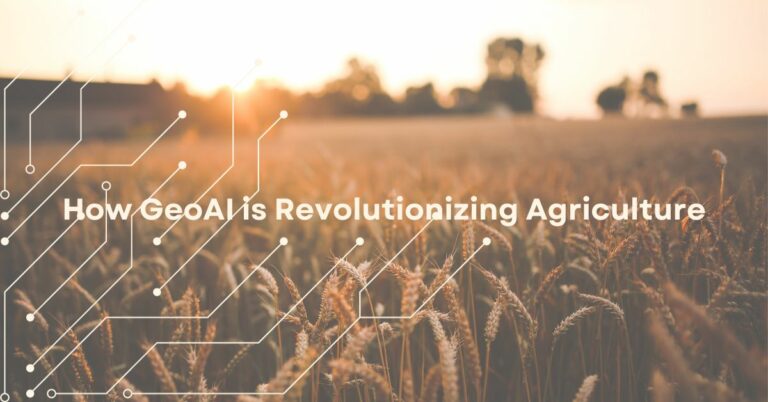Obtaining an online GIS certificate Programs can certainly enhance your qualifications for jobs that require geographic information systems (GIS) skills.
Here are a few steps you can take to earn a GIS Online Certificate Programs and qualify for such positions:
1. Research GIS Certificate Programs:
Look for reputable institutions or online platforms that offer GIS certificate programs. Consider factors such as program content, reputation, cost, and flexibility to determine the best fit for your needs.
2. Choose a Specialization:
GIS encompasses various applications and fields. Decide on a specialization that aligns with your career goals, such as environmental management, urban planning, transportation, or data analysis. Specializing can give you an edge in specific job markets.
3. Enroll in an Online GIS Certificate Program:
Once you’ve identified suitable programs, enroll in the one that best meets your requirements. Online programs offer flexibility, allowing you to learn at your own pace and fit the coursework into your schedule.
4. Complete the Coursework:
Engage actively in the coursework, which typically involves modules, lectures, assignments, and quizzes. Learn essential GIS concepts, software tools (e.g., ArcGIS, QGIS), data analysis techniques, and geospatial data visualization.
5. Hands-On Experience:
Many GIS programs include practical components or projects to gain hands-on experience. Make the most of these opportunities to work with real-world datasets, perform spatial analysis, and create maps and visualizations.
6. Networking and Collaboration:
Connect with fellow learners, instructors, and professionals in the GIS field through online forums, social media groups, or industry events. Networking can provide valuable insights, job opportunities, and potential mentorship.
7. Capstone or Final Project:
Some certificate programs may require a capstone project. This allows you to apply your acquired GIS skills to a significant project and demonstrate your competence to potential employers.
8. Obtain the Certificate:
Successfully complete all the required coursework, assignments, and projects to earn your GIS certificate. Ensure you understand the certificate’s requirements and any criteria for obtaining it.
9. Update Your Resume and LinkedIn Profile:
Add your GIS certificate to your resume and LinkedIn profile to showcase your newly acquired skills and qualifications to potential employers. Highlight relevant coursework, projects, and any specialized areas of expertise.
10. Job Search and Application:
Start searching for jobs that require GIS skills and qualifications. Job boards, professional networks, and GIS-related websites can be valuable resources. Tailor your application materials to highlight your GIS certificate and relevant experience.
Remember that while earning a GIS certificate programs can boost your qualifications, hands-on experience and a strong portfolio are equally important. Seek opportunities to apply your Online degree in GIS skills outside of the coursework, such as internships, volunteer projects, or personal projects. Building a diverse portfolio will enhance your chances of securing GIS-related positions.
11. Conclusion
In conclusion, employers in the GIS field are constantly refining their search criteria. Perfecting the skills required to be considered for impactful positions is both an art and a science. With all the factors to be considered there, are three main criteria that set us apart as quality professionals in the field. Research in the field we aspire to specialize in, hands on experience/ relevant capstone endeavors, and constant networking. All of these factors go hand in hand with making a desirable application that will make employers notice you.








